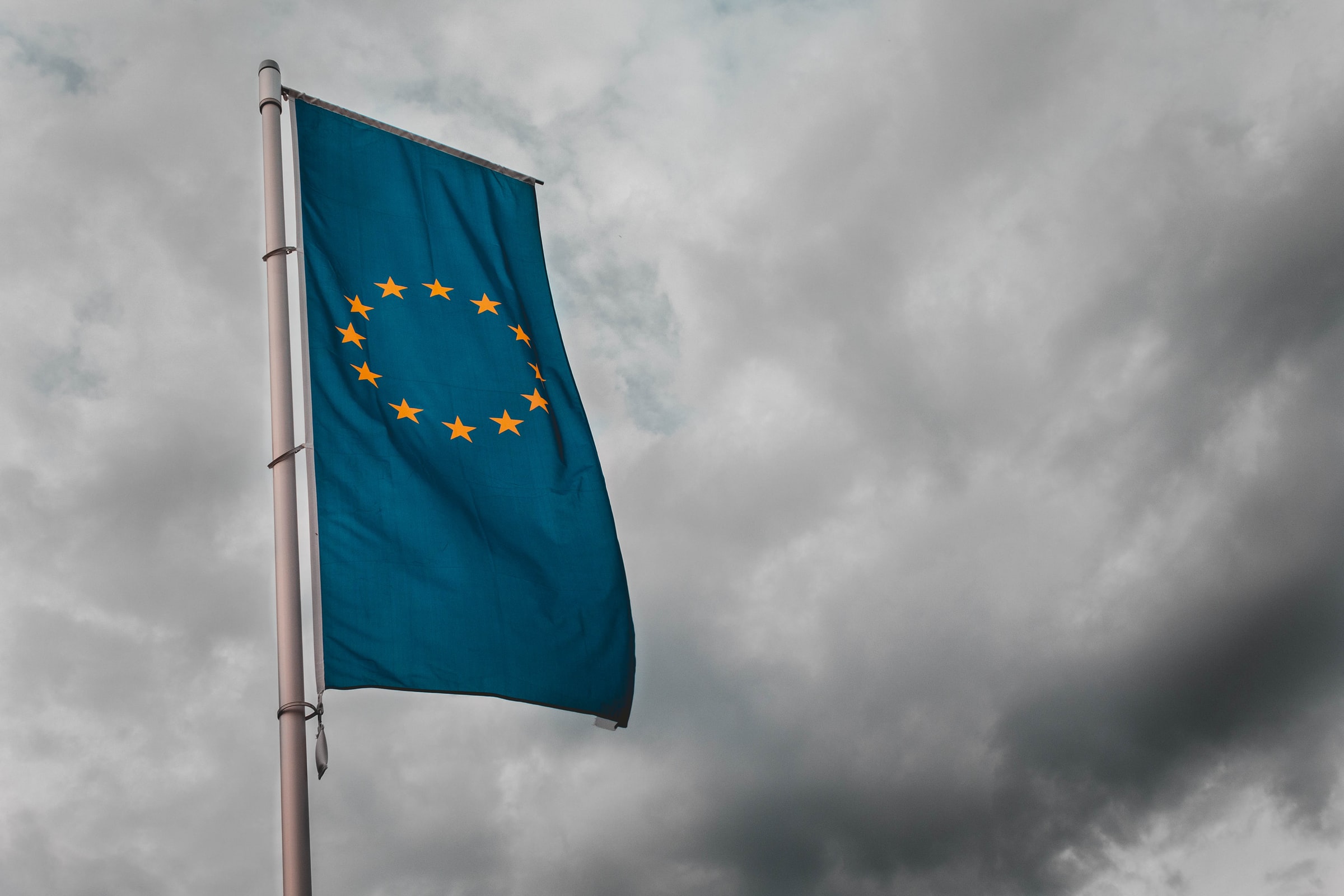Segundo os dados publicados pelo Eurostat, o Gabinete de Estatísticas da União Europeia, Portugal ficou em 9.º lugar entre os Estados da União Europeia (UE) nas contribuições para investigação. Os dados do Eurostat são sobre as dotações orçamentais totais dos governos dos países da União Europeia para I&D (investigação e o desenvolvimento experimental), que “abrangem todas as alocações de gastos atendidas a partir de fontes de receita do governo previstas no orçamento, como impostos”, segundo o gabinete. Conforme o Regulamento de Execução da Comissão (UE) 2020/1197, de 30 de julho de 2020, I&D é o “trabalho criativo e sistemático realizado para aumentar o stock de conhecimento – incluindo o conhecimento da humanidade, cultura e sociedade – e para conceber novas aplicações do conhecimento disponível”. De acordo com os dados divulgados, Portugal investiu o equivalente a 75,60 euros por pessoa, valor abaixo da média da União que foi, em 2021, de 244,30 euros. Esse valor global da UE está acima do registado em 2011, que foi de 184 euros por pessoa. Em 2021, segundo o Eurostat, as dotações mais elevadas no espaço europeu foram registadas no Luxemburgo, com 689 euros por pessoa, seguidas à distância pela Dinamarca, com 530 euros, e pela Alemanha, com 471 euros. No lado oposto, com as menores dotações orçamentais para a investigação, está a Roménia, com 19 euros por pessoa, a Bulgária, com 24 euros, a Letónia, com 45 euros, e a Hungria, com 60 euros. Segundo os dados publicados, em 2012, Portugal investiu 589,69 milhões de euros em I&D, valor que foi aumentando até aos 778,96 milhões de euros, em 2021. Recuando antes dos anos da intervenção da troika, composta pelo Fundo Monetário Internacional, pelo Banco Central Europeu e pela Comissão Europeia, Portugal registou um valor ainda superior, de 974,13 milhões de euros, em 2010, e de 779,72 milhões de euros, em 2011. O histórico de investimentos português indica que, em 2011, o investimento nacional em I&D correspondia a 0,44 do PIB, valor que baixou para 0,37% do PIB em 2021. No total de 27 nações da UE, 13 países aumentaram o seu investimento em I&D em relação ao seu PIB. A média da UE subiu de 0,72% para 0,75%. Os países da UE, em 2021, acumularam um total de 109.250 milhões de euros investidos em I&D, valor inferior aos 139.984 milhões de euros aplicados apenas pelos Estados Unidos, o que corresponde, em 2021, a 0,79% do seu PIB, igualmente acima do valor da União (0,75%). Luís Eduardo Nicolau ET AL. Com fotografia de JJ Ying.











